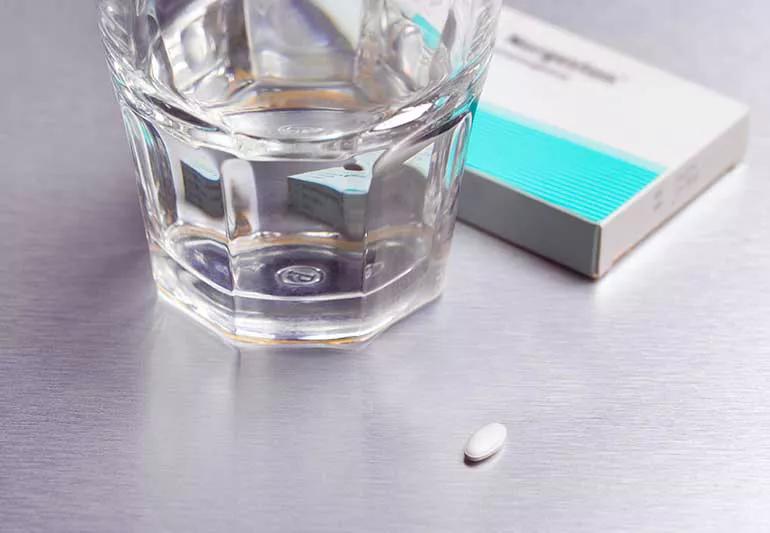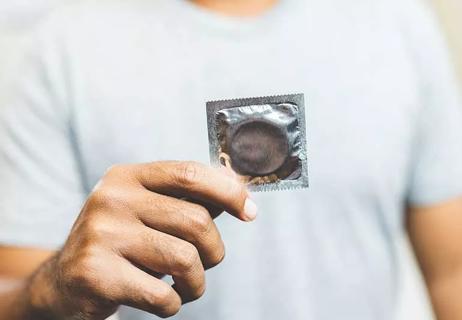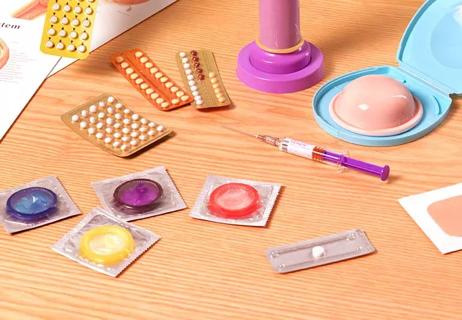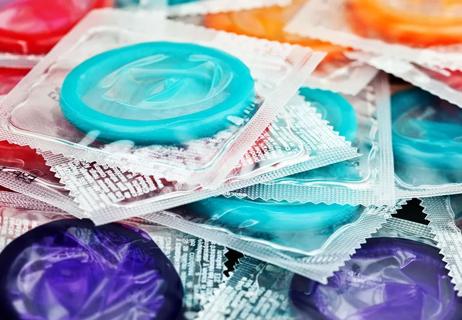Turn to emergency birth control and STI tests

Nothing ruins the post-sex glow like realizing the condom broke. Now what?
Advertisement
Cleveland Clinic is a non-profit academic medical center. Advertising on our site helps support our mission. We do not endorse non-Cleveland Clinic products or services. Policy
“You’re probably anxious about what to do next. It’s natural to jump to worst-case scenarios,” says sexual health specialist Henry Ng, MD, MPH. “But don’t let your fears get the best of you. Take a breath.”
Don’t panic but do get prompt medical care. Dr. Ng explains what to do next and what to expect.
If the condom broke while you were having sex, you may be worried about:
“Seek care right away,” Dr. Ng advises. “If you have a primary care provider, that’s a good place to start.” When you contact your healthcare provider, say you have an urgent concern. You may be able to get a same-day appointment.
If you don’t have a primary care provider, your options for quick care include:
“Go where you think you’ll feel most comfortable talking openly about sex and your needs,” encourages Dr. Ng. “When you call for an appointment, check that the clinic provides emergency contraception and STI testing, depending on your concerns.”
Dr. Ng also advises against going to the emergency room unless you have a true medical emergency. Trips to the ER can be very costly, and it’s better not to tie up emergency services unless you need them.
Advertisement
If you’re worried about potential unwanted pregnancy, get emergency contraception as soon as possible after unprotected sex. Dr. Ng explains your options.
Known as a “morning-after pill,” Plan B One-Step® and its generics (My Choice®, My Way®, Preventeza®, Take Action®) are available over the counter. It’s best to take it within 72 hours (three days) of unprotected sex, but you can take it up to five days after.
“The longer you wait, the less effective Plan B is for preventing pregnancy,” says Dr. Ng. “So, it’s really important to get it within that three-day window.”
Plan B One-Step and the generic versions contain levonorgestrel, a synthetic hormone used in some birth control pills. But the dose is different than regular birth control pills. You take Plan B One-Step in one dose.
Another morning-after pill option is ella®, but it’s only available with a prescription. It’s a single-dose pill, and you can take it up to five days after unprotected sex. But like Plan B, ella is most effective if you take it within the first 72 hours.
“We typically don’t recommend taking multiple birth control pills for emergency contraception,” says Dr. Ng. “The pills you have on hand may not be the right type of drug or the right dose to prevent pregnancy.”
He says the most effective options are Plan B One-Step (or its generics) and ella, which are approved by the U.S. Food and Drug Administration (FDA) for emergency birth control.
Potential STI exposure can be scary to think about. And even if your partner doesn’t show symptoms of an STI, they could still have one.
If possible, ask your partner about their STI status. If they currently have an STI, you know you need to get tested. If you’re unsure if your partner exposed you to an STI, you may still want to get tested.
STIs are widespread and on the rise in the U.S. According to the Centers for Disease Control and Prevention (CDC), about 1 in 5 people have an STI. Some people have an STI but don’t have any symptoms.
Dr. Ng says the most common STIs are gonorrhea and chlamydia, both bacterial infections. Syphilis is also a bacterial STI. If you’ve been exposed, the bacteria will show up on a test right away. Tests are typically done by taking a pee (urine) sample or swabbing your genital area.
“When you get tested, talk to your provider about how you express yourself sexually — the type of sexual activity you engage in,” Dr. Ng says. “A urine test and genital swab may miss a gonorrhea or chlamydia infection if you engaged in oral sex, for example.” Be sure to ask for an oral or rectal swab if you had oral or anal sex.
Advertisement
Antibiotics can treat gonorrhea and chlamydia. Dr. Ng urges that you seek out treatment quickly for these conditions, so you can avoid complications like pelvic inflammatory disease (PID), urethritis or infertility.
STIs that are viruses include:
These viral STIs won’t show up on a blood test right away. It takes time for your body to make antibodies to the virus, which are the signs (markers) that show up on a test. But it’s still important to get tested, especially if you think you were exposed. Your care provider will guide you on the testing windows for viral STIs.
If you know you were exposed to HIV, get medical care right away. Preventive treatments, called post-exposure prophylaxis (PEP), can protect you, but you must begin taking PEP within 72 hours of exposure to HIV.
“Also consider talking to your care provider about going on pre-exposure prophylaxis for HIV,” suggests Dr. Ng. This medication, often called PrEP, is for people who don’t have HIV but are at risk of getting the virus. You take it every day, and it can lower your risk of sexually transmitted HIV by up to 99%.
There’s no such thing as perfect protection during sex. Even though condoms can fail, it happens rarely, and they’re still your best defense against STIs. Condoms (and there are many different types) are effective birth control when used consistently and correctly.
Advertisement
If your main concern is preventing pregnancy, many birth control options work even better than condoms. Just remember, other birth control methods don’t protect you from STIs, but condoms do.
Advertisement
Learn more about our editorial process.
Advertisement

Most condoms will fit most people, but other factors matter, too

Yes, there is a condom that will fit

Go for latex-free options if you experience sensitivity

The little blue pill might help with physical arousal, but there are better treatments for low libido in women

Start having sex about 72 hours before ovulation, then at least every other day during your fertile window

The Yuzpe regimen is less effective than other forms of emergency contraceptives, and it’s associated with more side effects

Arousal without orgasm can be uncomfortable, but it’s no reason to pressure sexual interactions

Testosterone therapy may be an option for women to help address low libido

Wearing a scarf, adjusting your outdoor activities and following your asthma treatment plan can help limit breathing problems

Your diet in the weeks, days and hours ahead of your race can power you to the finish line

When someone guilt trips you, they’re using emotionally manipulative behavior to try to get you to act a certain way